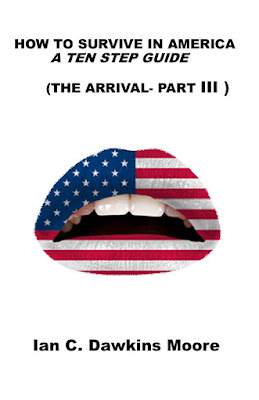A Writer
“…and he was a foreigner from a former colony and so I completely missed him in my youth, distracted as I was by all the imperial notions of ‘proper’ writing. When I did find him, forty years later, it was through movies and sketches and bits of hero worshiping stories some true but mostly false.”
“…it was in a movie, I got the first glimpse; a famous actor who played Him, whose claim to fame was that he’d been sued for having a big dick, and He was a drunk in Spain hanging around matadors and beautiful people drinking in cafés in some mythical Hollywood time. And He’d been injured and couldn’t fuck even though He had all these romantic encounters. I thought it really strange and it kind of added sexual tension to the narrative and the story went on until it just ended, like His short stories that I read much later and put down because they had no plot except running out of well-described words.”
“…I preferred adjectives and adverbs and modes and explicit sex and adventures and narratives that took me to another time, country, sensibility, and culture; a plot that could drag me out of the prison of my youth. Bottled-up as I was on an island full of words and words on words written over centuries, dissected, pruned and graded by great universities and great myths and great legends and brilliant critics. It was safer for me to remain on the sports fields and the margins of industry and the dusty roads of the former empire scratching out songs of painful memories than admit that I could be….”

